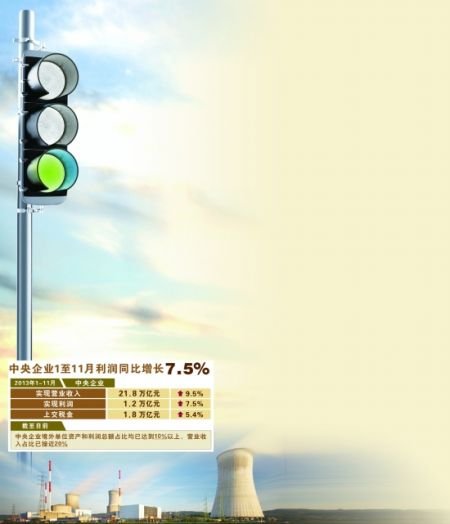


聯(lián)系電話:
0553-8398080




In terms of construction in asset operation platform,there will be breakthrough in central enterprises with three-layer management structure of “SASAC-platform company-enterprise”next year. In local enterprises,? assets reorganizations in state-owned enterprises are faster than those in central enterprises with a basic thought described as “mergering of peers, carrying forward the assets homogenization of assets reorganization to creat huge enterprises with prominent competitiveness”.
On early stage of next year, instructive opinion of further reform in state-owned enterprises will be brought up by both of central and local governments with several special implementation resolutions such as organization of investment companies which are owned by state-owned enterprises and employee stock ownership plan to fulfill the primary plan of enterprises reform.
Accelerate the reorganization, number of state-owned enterprises will be reduced
Among the competitive central enterprises, 10 enterprises around will be merged, and speaking of local state-owned enterprises, their assets reorganizations are faster than those in central enterprises.
Introduce the strategic investors
In central enterprises, SASAC has already decided to divide enterprises into four types to carry forward the diversified ownership. As expressed by SASAC, the fund will possibly become the outside strategic investors which are mainly encouraged by supervision department.
Break the barrier, the equity incentive plan will take three steps
It is pointed that the problem of efficiency in state-owned enterprises ?hasn’t been solved mainly because the lack of incentive and restrain mechanism.
Overall, the equity incentive plan including emlpoyee stock ownership will possibly have three steps, the first step is to carry forward the plan by local unstate-owned enterprises which need transformation, the second are the listed companies which owned by local SASAC, and the third will be some of the secondary enterprises which owned by central enterprises.